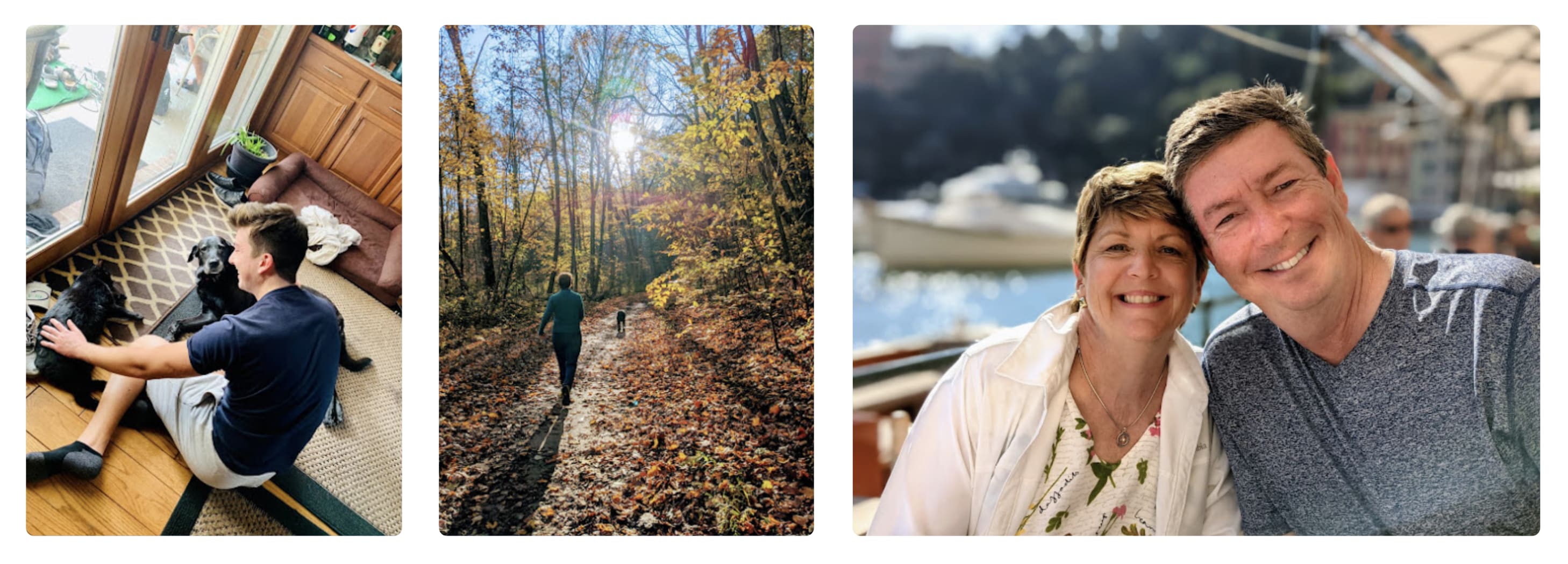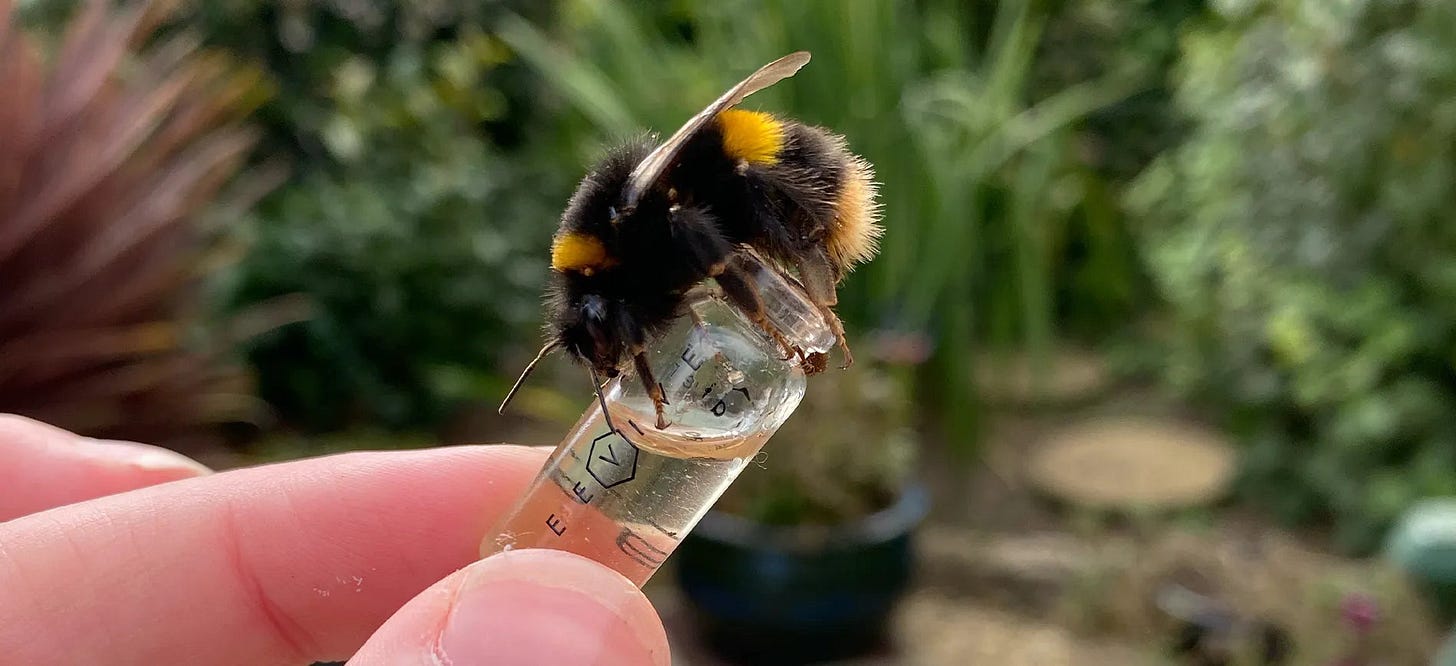Would you like to live with EAs? Want to connect with EAs when you travel? If someone “granted” you free rent, freeing up your time, what EA project could you complete?
Airbnb changed the world by making productive use of people’s spare bedrooms and second homes. We at Nonlinear are trying a simple experiment to see if we can do something similar in EA - connecting EAs who have extra space with EAs who need space.
Picture an EA who works a regular job to earn money to pay rent. You might not have enough money to provide them a $50,000 grant, but you might be able to provide your spare room, which frees up the EA to work on something high impact. You’re like an angel investor, but for “impact housing”.
We made a spreadsheet where you can either seek roommates, find EA couchsurfing opportunities, or become a host, providing space for EAs. Patrons can offer accommodations either for free, at a reduced rental fee, or against some service (such as pet sitting).
Some benefits:
- Enable positive impact that would otherwise not happen
- Support a better use of otherwise vacant or under-utilized housing
- Fostering cultural, social, and intellectual exchange between groups of people
- Provide actually affordable housing to people all across the world
Examples of housing that might be available
- A room that just became available in your friends' flat and they would love to have EAs around
- You or your parents have a second home which sits empty much of the year
- A city apartment or studio that stays vacant for a few weeks/months a year and needs regular check-ups
- Your parents look for help with garden work and walking their dog in exchange for a room
- You're wanting to rent a house with a bunch of EAs and you want to find other like-minded people to join you.
- Your parents are empty-nesters and would love to have something like an exchange student around, but with a higher impact.
- A group of EAs in a city link up to rent a house together
Example use cases for guests
- Conducting an EA research project (e.g. if you received an LTFF grant or similar)
- Upskilling (e.g. learning technical ML skills)
- Engaging in local community building, particularly in areas where there is little EA presence (e.g. taking a leading role in forming a group)
- Launching a venture (e.g. startup, charity)
- Increased runway to give you the space you need to experiment or think about things
- Living with value-aligned people
- Opportunity to participate in or grow the local EA community
Benefits for hosts
- Create positive impact by enabling EAs to to work on projects they wouldn’t otherwise be able to
- Contribute growing the local EA community and be around more EAs
- Engage in stimulating conversations with EAs
- Find someone to take care of your pet, garden, or similar
Examples of houses available
Emerson Spartz's parents are Midwestern-wholesome empty nesters who would be thrilled to host a nice EA in one of their spare bedrooms. They live an hour from Chicago in a beautiful home surrounded by lush woodlands with a friendly dog and cat. His father, Tom, is a retired entrepreneur and mother, Maggi, runs a local nonprofit. This is a cozy retreat from the chaos of the world to work on something big.

Kat and Emerson’s Caribbean House
Emerson and I have a house on the beach in downtown San Juan, Puerto Rico, USA that we live in for half the year. While we're gone we want to fill it with EAs doing important work on longtermism. There’s room for ten people and you could potentially stay for one week to six months. Perfect for somebody who wants to be surrounded by an EA community and escape the winter months.

OK, how does it work exactly?
If you have space, list it on the spreadsheet. Potential applicants can reach out then you can select the people you think will do the most good with the space. We’re keeping the MVP simple for now.
If you’d like to help get more people using the platform, here’s an email/message template you can send to ask friends or family if they have any space they’d like to turn into impact.
If you’d like to receive updates about available EA housing, the EA Houses project in general, and other Nonlinear projects, subscribe to our newsletter.
Reminder that you can listen to this post on your podcast player once/if it reaches 25 upvotes using the Nonlinear Library.




As an experiment I converted the google sheets into a Notion database and plugged a map into it if anyone's curious. (Keep in mind this isn't in sync with the gsheet anymore) Map view of Notion database: https://app.notionmaps.com/map/ea-houses-l4re6115
Great thinking, @Alex Long. I think I would be much more likely (say, 5% -> 35%) to reference this Google Sheet if it was migrated to a Notion database (with mapping capabilities). Up to you, @Kat Woods.
You might also be able to convert the Google Sheet directly into a Google Map, but I suspect it'd be a bit more challenging to implement.